Act of Oblivion: The Sunday Times Bestseller
£4.70£9.50 (-51%)
PRE-ORDER PRECIPICE, THE THRILLING NEW NOVEL FROM ROBERT HARRIS, NOW – PUBLISHING AUGUST 2024
‘A belter of a thriller’ THE TIMES
‘A master storyteller . . . an important book for our particular historical moment’ OBSERVER
‘His best since Fatherland’ SUNDAY TIMES
‘From what is it they flee?’
He took a while to reply. By the time he spoke the men had gone inside. He said quietly, ‘They killed the King.’
1660. Colonel Edward Whalley and his son-in-law, Colonel William Goffe, cross the Atlantic. Having been found guilty of high treason for the murder of Charles the I, they are wanted and on the run. A reward hangs over their heads – for their capture, dead or alive.
In London, Richard Nayler, secretary of the regicide committee of the Privy Council, is tasked with tracking down the fugitives. He’ll stop at nothing until the two men are brought to justice.
Act of Oblivion is an epic journey across continents, and a chase like no other.
‘A ripping page-turner’ FINANCIAL TIMES
‘You could not do better than this’ DAILY TELEGRAPH
Read more
Additional information
| Publisher | Penguin, 1st edition (8 Jun. 2023) |
|---|---|
| Language | English |
| Paperback | 576 pages |
| ISBN-10 | 1529160324 |
| ISBN-13 | 978-1529160321 |
| Dimensions | 12.9 x 3.4 x 19.8 cm |

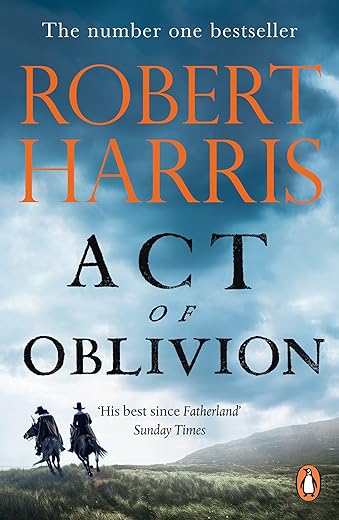
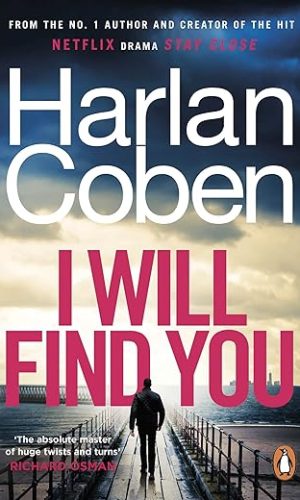


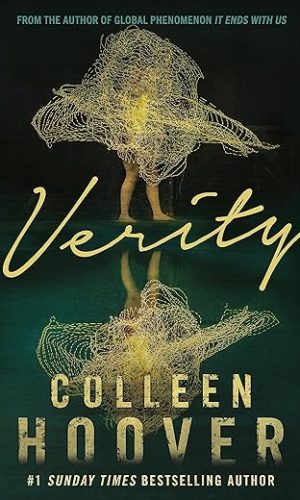
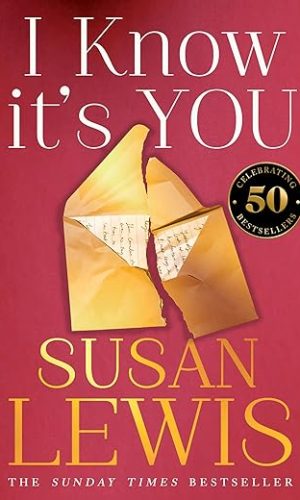
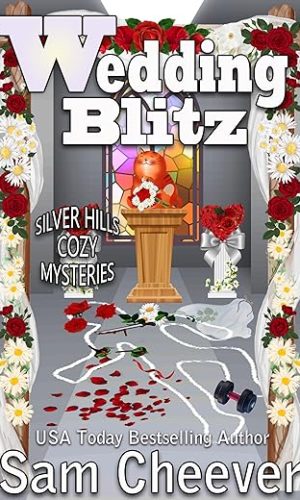
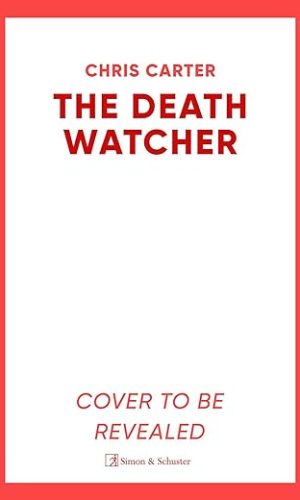

by David Briggs
As with the Cicero books, a fascinating combination of history and fiction. A little slow in places but worth sticking with. For me, as good as anything he’s written.
by Ian Barker
This is a novel based on true events. In the 17th century, following the death of Oliver Cromwell and the restoration of the monarchy, parliament passed an Act of Oblivion. This pardoned most of those involved in Cromwell’s Commonwealth with the exception of the ‘regicides’ – the men who had put their names to Charles I’s death warrant, who were to be found and executed.
The story follows two of these men, Ned Whalley and Will Goffe, colonels in Cromwell’s army as they flee across the Atlantic to New England to escape capture. While Whalley and Goffe were real, leading the hunt for them is a fictional character Richard Nayler who has a personal interest in tracking them down.
Harris pulls off a clever trick here in that he has sympathetic characters on both sides, so you find yourself rooting equally for the fugitives and the hunter. It’s a good solid thriller although the pace does flag a little in parts.
One or two things didn’t quite feel accurate – having armed the fugitives with matchlocks for example, Harris seems to have overlooked the shortcomings this type of weapon.
Overall this is an entertaining read and sheds light on an interesting, if largely forgotten, slice of history.
by Usul
I have always enjoyed reading the works of Robert Harris. He has a knack of finding interesting periods of history and turning them into page-turning thrillers. This one is about the hunt for all the men who had signed the death warrant for Charles I after the return of the monarchy in Britain. It is an interesting period of history and one I had limited knowledge of but reading up on it afterwards it appears that the narrative is substantially drawn from actual events and Harris clearly describes the range of sources used to inform the work at the end.
My main gripe with Robert Harris is that his books often start well and then fall apart in the final act, often appearing rushed, descending into farce or leaving the story seeming unfinished. This one has a better ending than most but still feels a little rushed compared to the pacing in the rest of the novel. This is a small issue though and this is well worth a read.
by Ian Thumwood
I have never read any of Robert Harris’s books before as I tend to stick to authors I enjoy such as William Boyd, Ian McEwan and Kate Atkinson. However, the idea of Englishmen on the run in 17th Century America really piqued my interest when I first read a review in one of the Sunday newspapers.
I felt that the book’s character changed over the course of the four parts. The initial section struck me as being a bit hammy and the dialogue did make me wonder whether this book was aimed at adults or children. (There is no bad language or sex and the violence is minimal. ) Having read this immediately after an Ian Rankin book, I felt this was a much lighter read. However, by the time the fugitives are on the run and being pursued by Richard Naylor in the second section, the book became impossible to put down. The opening chapters set the scene for where the story may end up but the pursuit of the two regicides puts the story on a knife edge. What seemed strange was that the story reaches a climax at the end of the second chapter and then the third part seems to be more historical than fiction. As someone who loves history but is not familiar with more modern aspects like the 17th political and religious circumstances , I have to admit that I found this fascinating although others may be a little annoyed. The back story and the wider exploration of that world intrigued me and there is clearly plenty of mileage to develop the story. Alot of the story is based on genuine facts and Whalley and Goffe were genuine characters implicated in the execution of King Charles I. It is quite interesting to see history portrayed in a fashion that outlines the personal circumstances of the protagonists.
The final part of the book struck me as the least convincing and the most hurried. The Great Plague and the fire of London seem to be addressed almost in passing. This is the part where Harris picks up the imaginative part of the account. I concur that this section does seem rushed, although I have to admit that I was in a rush myself to find out what happened in the end with Goffe becoming increasingly unsympathetic. I have to say that I guessed the book’s conclusion – this ultimately proves to be total speculation despite the “riding off in to the sunset” element left the door open for a further novel. The notes at the end of the novel explain what little is known of the nature of Goffe and Whalley’s fate in America yet I felt that I would have liked to have known more as to what was true and what was flight of fancy.
All in all, this book was a genuine page-turner and I could imagine this being made into a really brilliant film. That said, whilst the book never flags, I think more could have been made of the nature of life for the new settlers in America and there are elements were credulity is needs to be dispensed. Ultimately, this book was not quite as hard-edged and gritty as I had anticipated . It is a good yarn and very easy to read. I cannot see anyone not enjoying this book.
by SEA WARRIOR
I enjoyed this and the book passes my Beach Read Test with ease; it will appeal to either male or female readers. It’s a clever mix of fiction and history, with very effective use being made of flash-backs. The one small weakness is that the ending is a little rushed, making me think that the author was up against a deadline. As I had been unaware of the hunting down of the ‘regicides’, I found myself often dashing off to Wiki and other resources to check up on facts and to find a good map. But, whatever you do, don’t look for information about the protagonists – until you get to the end! And on that point, just who were the protagonist(s) and who were the antagonist(s) in this tale? It was difficult to decide – and that’s not a criticism of the book but, rather, a comment on the history. I guess it boils down to whether the reader is a Roundhead or a Cavalier at heart.
I’ll happily buy another of the author’s books.
by John b.
A very interesting historical novel.
by Matthew Jenkins
First off, this is a great read. Not as good as Fatherland, but hey.
My only whinge is that the language didn’t always sound spot on. The Aubrey-Maturin series almost always sound like authentic 18th century folk. I didn’t always get that feeling here.